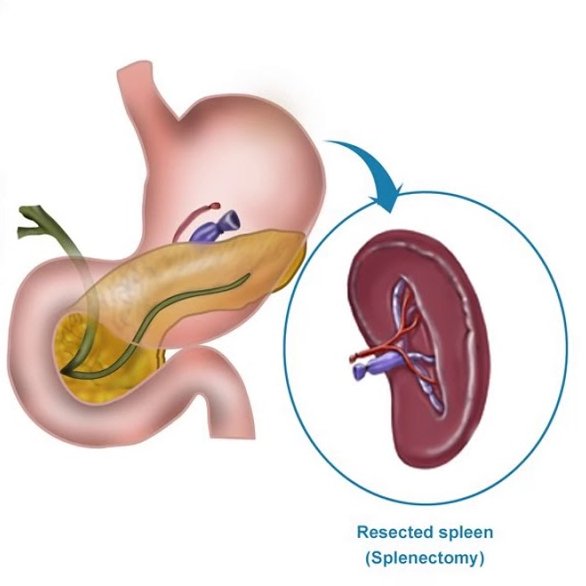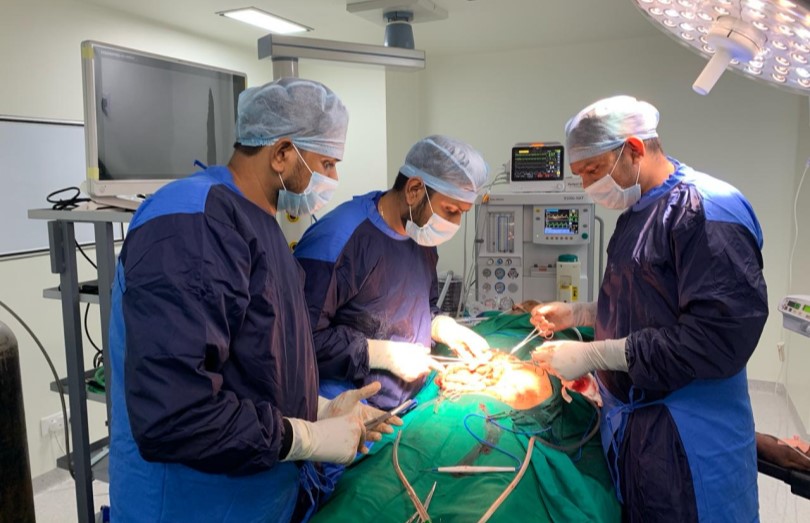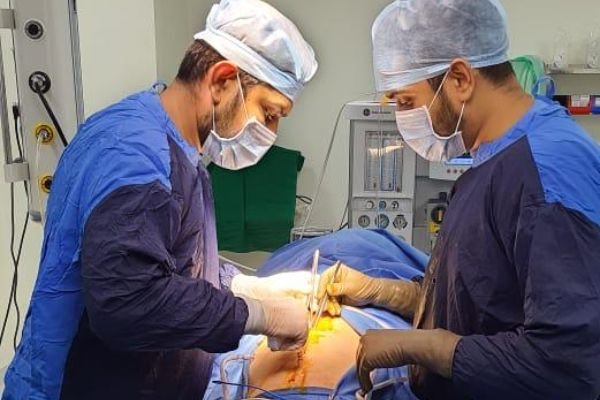Physical Exam & Imaging
A thorough evaluation will include imaging studies (e.g., ultrasound, CT scan), blood tests, and a consultation with specialists such as a hematologist.
Medication Adjustments
Blood thinners and other medications affecting clotting may need to be discontinued before surgery. Smoking cessation is encouraged for optimal recovery and to reduce surgical risks.

Vaccinations
Patients may need to receive vaccines for pneumococcus, meningococcus, and Haemophilus influenzae type B several weeks before the surgery to reduce the risk of infection post-surgery.
Dietary Instructions
Especially if patients experience discomfort due to spleen enlargement, a light diet may be recommended prior to surgery.




